Fellowships 2019
Stalgia Grigg, p5.js Fellow
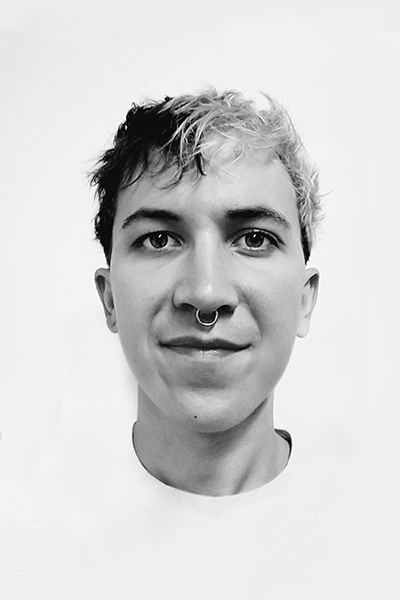
Stalgia Grigg is an artist and activist based in LA. He builds generative systems in an attempt to understand how revolutionary impulses move through culture. He first learned to code with Processing and has maintained an investment in the foundation ever since. Stalgia holds a BSVA from Purchase College and a MFA from UCLA Design Media Arts. Stalgia will be mentored by Lauren McCarthy.
Evelyn Masso and Stalgia Grigg will be working alongside the larger community of open source contributors to realize a 1.0 release of p5.js. Stalgia will kick off the fellowship with a focus on WebGL stability improvements, expanding developer documentation, and creating new channels of communication for contributors. Processing Foundation p5.js Fellows are supported in part by a grant from the Mozilla Open Source Support program.
Evelyn Masso, p5.js Fellow
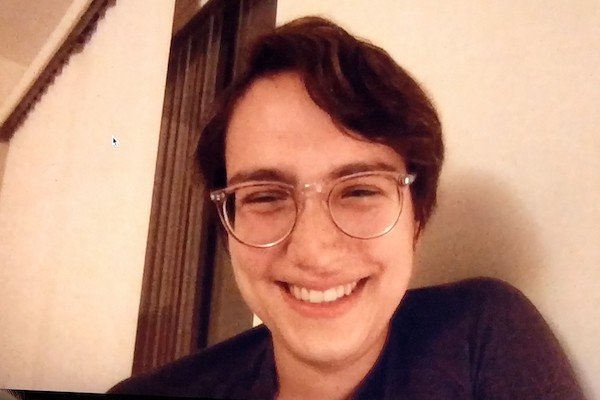
Evelyn Masso is a person (all the time), a developer+designer (on weekdays), and a poet (on weekends). She currently works on GitHub Desktop and contributes to p5js. You can see her work at github.com/outofambit and outofambit.com. Evelyn will be mentored by Lauren McCarthy.
Evelyn Masso and Stalgia Grigg will be working alongside the larger community of open source contributors to realize a 1.0 release of p5.js. Evelyn will also be focusing on various tooling in the p5.js repository to improve the p5.js contributor experience. Processing Foundation p5.js Fellows are supported in part by a grant from the Mozilla Open Source Support program.
Layla Quinones, Teaching Fellow
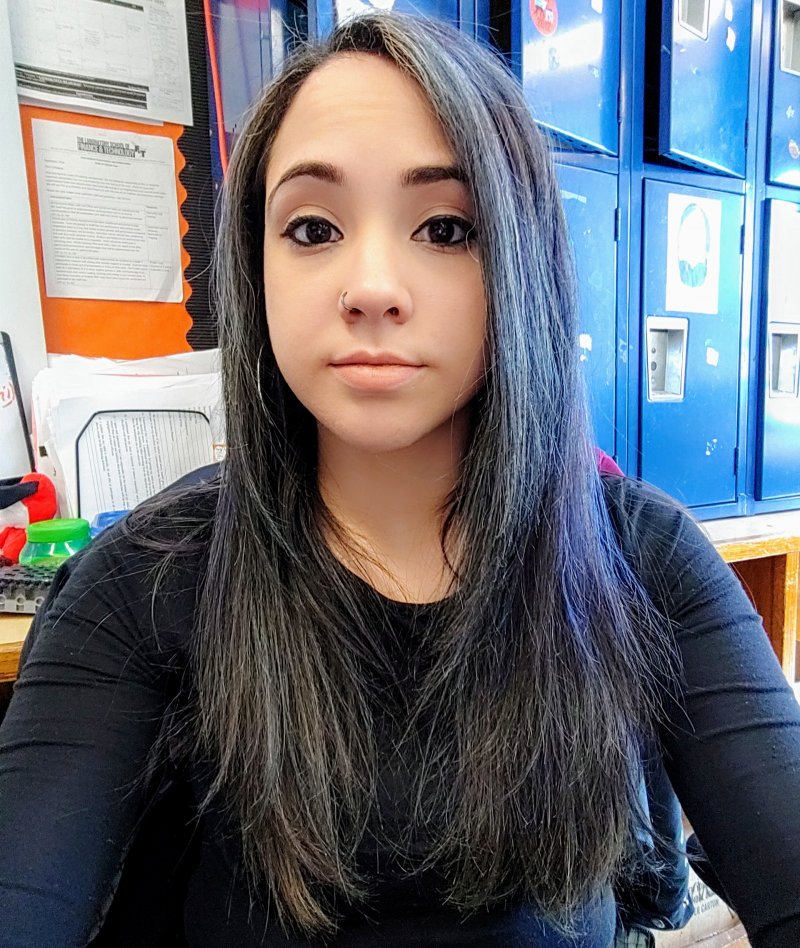
Layla Quinones teaches Computer Science & Math at MS/HS 223 in the Bronx. After receiving her BS and MA from NYU in Physics Education, she’s focused on spreading CS to communities throughout NYC. She is passionate about integrating CS across the curriculum and identifying entry points for CS in other subjects. Layla will be mentored by Saber Khan.
This project consists of writing curriculum that teaches students how to integrate sound, animation, and interactivity into a creative computational artifact in p5.js. I'm focused on developing tools for inner city teachers who have little experience teaching topics in CS to urban communities. This year’s Teaching Fellows are Computer Science teachers in the Software Engineering Program of New York City Public Schools, and their fellowships are a collaboration with the New York City Department of Education’s CS4All Initiative.
Emily Fields, Teaching Fellow
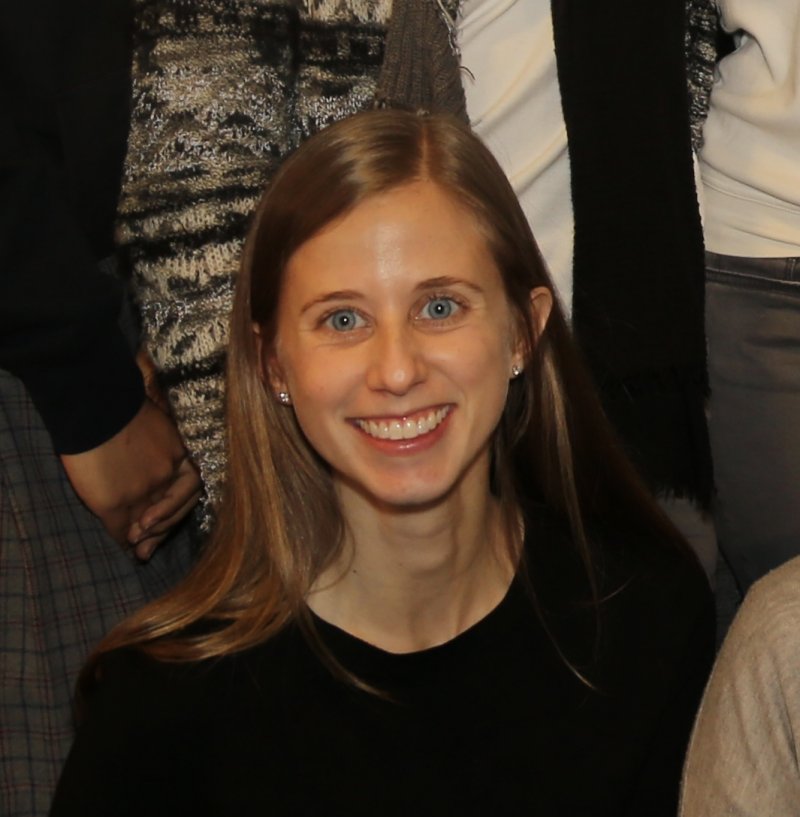
Emily Fields is a graduate of New York University. She is proud to be a math teacher and the STEM Director at The Young Women’s Leadership School of Astoria. She gains constant inspiration from her students and is passionate about supporting them as they pursue their dreams. Emily will be mentored by Saber Khan.
Emily and her students will experiment with motion detection. They will create an interactive projection that dancers will use in their school’s annual Digital Dance performance. Emily will use her findings to create a unit of study on motion for the NYC DOE to share with fellow computer science teachers. This year’s Teaching Fellows are Computer Science teachers in the Software Engineering Program of New York City Public Schools, and their fellowships are a collaboration with the New York City Department of Education’s CS4All Initiative.
Prince Steven Annor
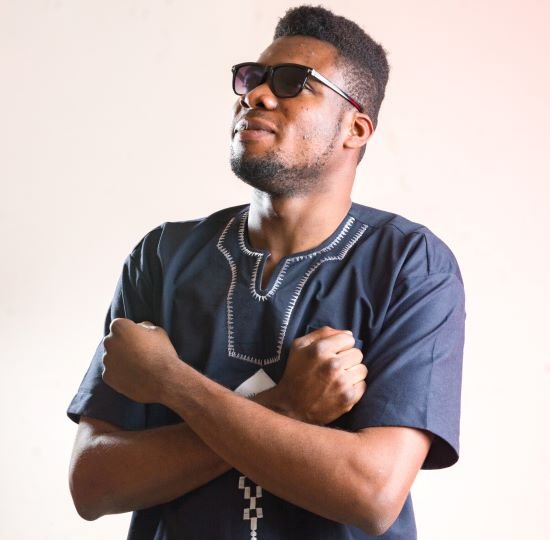
Prince Steven Annor is a multimedia engineer/hobbyist, developer, and educator from Ghana. He is a Computer Engineering junior at New York University Abu Dhabi and the Lead of SuaCode at Nsesa Foundation, an educational nonprofit whose vision is to spur an innovation revolution in Africa. Prince is also an IEEE published undergraduate researcher, and he organizes, teaches, and mentors at coding workshops in the UAE and in Ghana. Prince will be mentored by George Boateng, 2018 Processing Foundation Fellow.
SuaCode aims to teach millions across Africa how to code by exploiting the proliferation and the untapped capabilities of smartphones. This project will involve recruiting mentors, developing an automatic grading system, and delivering a smartphone-based online coding course that teaches programming using Processing to high school and college students across Africa using the Android Processing Development Environment application and Google Classroom, a free learning management system.
Manaswini Das, Nancy Chauhan, and Shaharyar Shamshi
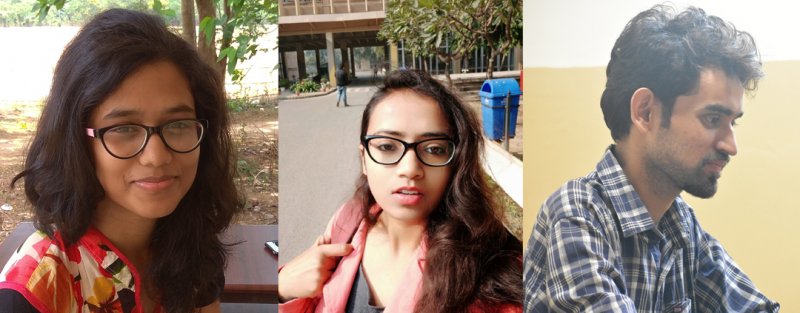
Manaswini Das (left) is a computer science undergraduate from College of Engineering and Technology, Bhubaneswar, India. She actively contributes to open source software and is an Outreachy alumna from Open Humans Foundation. She aspires to be part of technologies that touch people’s lives. Her hobbies include poetry, blogging, and basketball. Nancy Chauhan (center) loves to learn and explore. She is an electronics hobbyist and artist, and an open source software and hardware contributor from Noida, India. She is currently pursuing a Bachelor of Technology in Electronics and Communication Engineering from the Indian Institute of Information and Technology, Una. Her Github is here. Shaharyar Shamshi (right) is a final-year undergraduate student at Indian Institute of lnformation Technology, Una. He loves to solve logical problems, is an open source enthusiast, and promotes open source among college friends through various workshop and hackathons. Das, Chauhan, and Shamshi will be mentored by Mathura Govindarajan, 2018 Processing Foundation Fellow.
Our goal is to empower people of the Indian community of all backgrounds to learn how to program. This will be achieved by providing Processing tools to the Indian community in their native language, Hindi, and preparing educators by collaborating with various NGOs and individuals to build a more diverse community around software.
Doeke Wartena
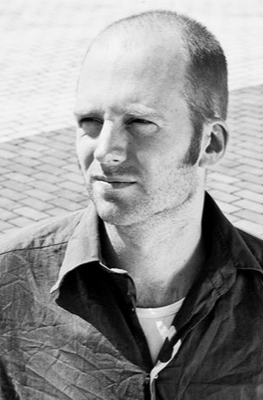
Doeke Wartena is a graphic and interaction designer working across the fields of creative code, typography, and data visualization. Besides that he runs a hard software lab at ArtEZ University of the Arts, in Arnhem, the Netherlands. When it comes to software, both performance as well as an easy-to-use API, are important goals for him. Doeke will be mentored by Casey Reas.
Doeke Wartena is working on a library for creating Graphical User Interfaces. Instead of the traditional retained mode system, this library will use an immediate mode, which will allow for dynamic interfaces. For example 'if (on(CLICK, button())) println("!")' would create a button that when clicked would print "!" in the console.
Matilda Wysocki
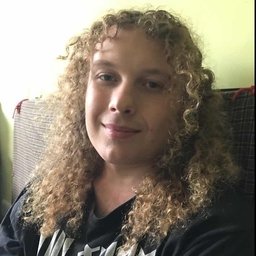
Matilda is a trans organizer, programmer, and artist with an interest in building tech infrastructure for organizing within and across boundaries, problematizing our catastrophic notion of community, and contributing to systems to uproot unjust socioeconomic systems. Matilda will be mentored by Dan Shiffman.
Matilda's fellowship aims to teach TGNC (trans and gender nonconforming youth) basic programming as a means of self expression and digital literacy in a personal security and queer privacy context. As a peer advocate, this project will expose us to computational design and machine learning as either a means of digital literacy or personal empowerment.
Qianqian Ye
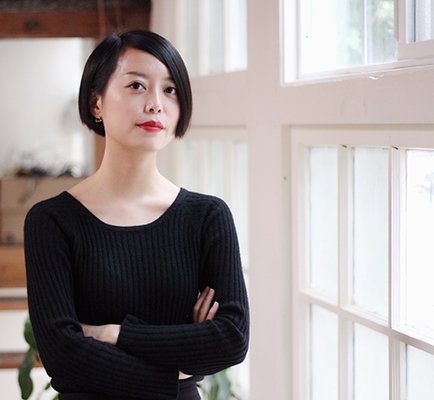
Qianqian Ye is a Chinese born and raised artist/designer based in San Francisco. Emerging from an architecture background, she explores the complexities of human interaction in various media including installation, performance, and ink. Qianqian will be mentored by Dorothy Santos.
My project aims to make p5.js more accessible in China, especially within the underrepresented women and non-male identified groups. To counter the fact that most online educational resources such as YouTube are banned in China, I will record p5.js video tutorials for beginners in Mandarin and share them on Chinese video sites. After the fellowship, I am planning to partner with other female creative coders in China to host p5.js workshops for girls, women, and other non-male identified people, as well as post interviews with role models in the Processing and p5.js community on Chinese social media.